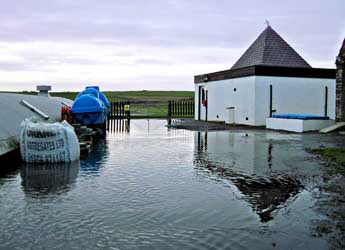11am – 12pm Tuesday 19th June 2012
WATCH again: See our Glow meet live from Rio+20 where young people from across Scotland put questions to Stewart Stevenson MSP, Minister for the Environment and Climate Change.
What are your green dreams for the future?
What message will you send to world leaders?
How can Scotland become more sustainable?
What can we expect from this globally important event?
Over 150 heads of state and world leaders will gather in Rio de Janeiro from 20-22nd June 2012 for crucial talks at the United Nations Conference on Sustainable Development. Stewart Stevenson MSP, Minister for the Environment and Climate Change, will be one of those travelling to Rio as part of the official UK delegation.
Education Scotland, through Glow, is giving you the chance to link with the Minister live from Rio to learn more about the event and the hopes and expectations of the UK delegation.
The conference, referred to as Rio+20, will mark 20 years since the historic Earth Summit in the same city in 1992 which put issues such as climate change and the protection of biodiversity on the map and gave birth to Agenda 21 – an action plan for a sustainable future which was adopted by national governments, cities and local authorities across the world. Rio+20 will focus on seven priority areas including: decent jobs, energy, sustainable cities, food security and sustainable agriculture, water, oceans and disaster readiness.
Rio+20 provides an opportunity to move away from business-as-usual and to take bold steps to end poverty and address environmental destruction.
This will be an interactive Glow meet so get your questions, messages, ideas and green dreams ready for Rio!
- What is Scotland doing to protect the environment and promote sustainable development? What more could we be doing?
- What are your green dreams and ideas for the future? What should we have achieved by the time Rio+40 comes around?
- What messages would you like the Minister to pass onto other government officials and world leaders when he meets them for discussions?
This Glow meet will be suitable for learners in primary and secondary schools.
Free Rio+20 resources are available at: http://bit.ly/JxZr5G


























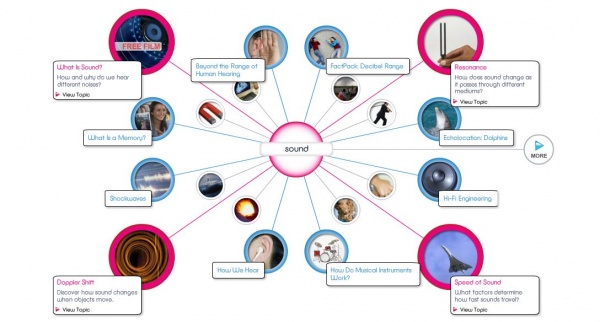
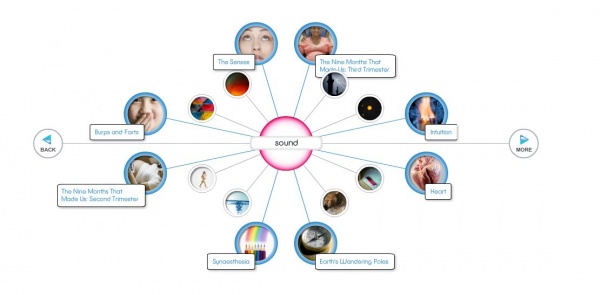
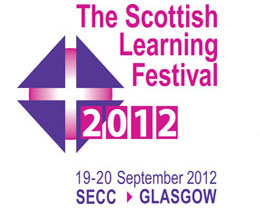
![rescue_helicopter_540[1]](http://ltsblogs.org.uk/glowscotland/files/2012/06/rescue_helicopter_5401-300x116.jpg)
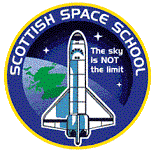































 Our most recent published context for STEM Central “
Our most recent published context for STEM Central “
